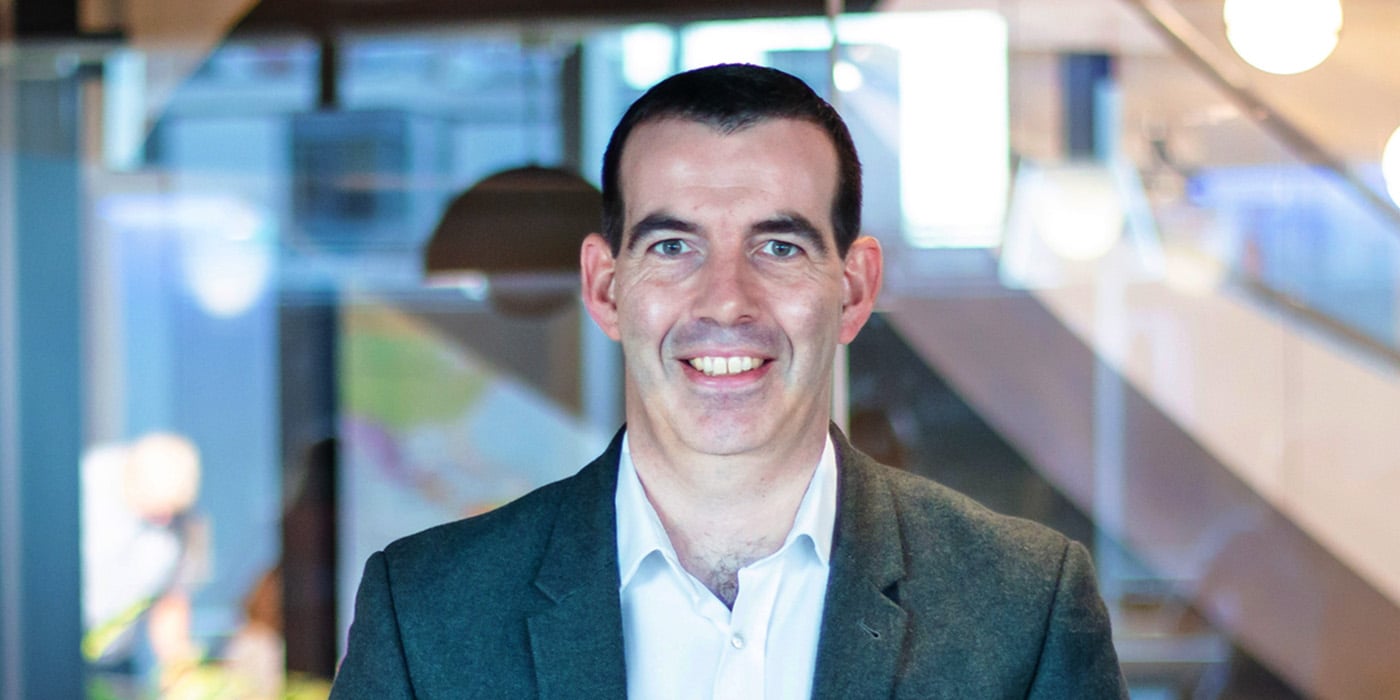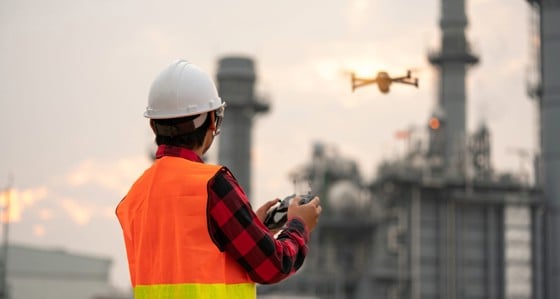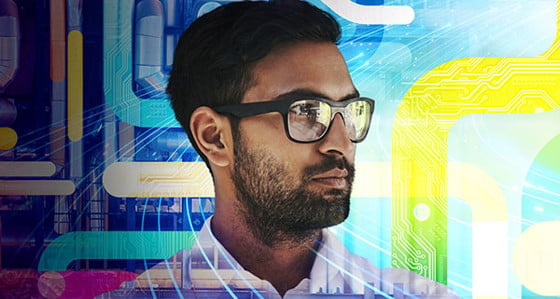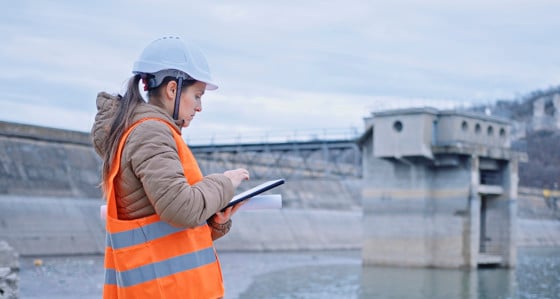While it often comes under fire for its slow progress and lack of consumer interest, there is a lot the water sector can learn from the smart energy meter rollout according to Baringa director Will Lewis. Writing for Utility Week, Lewis outlines the challenges faced by the water sector in its own smart rollout and how it can overcome them.
Meter availability will be critical in AMP8 as the industry jumps from around 2.5 million smart installs in the five years of AMP7, to 2.5 million smart meter installs per year in AMP9. We are emerging from a global shortage of microchips, which affected the delivery of some meter types to the UK market. Supply chain delays will remain a problem in the short term. We estimate, for example, that it could take up to a year for the supply chain to be able to fully meet demand for meters once it has certainty of orders. Likewise, there are labour market risks. Huge numbers of installers need to be recruited from a finite labour force at a time of wage inflation.
All this means that water firms need to act now, getting contracts in place as soon as possible, pre-ordering meters and recruiting and training a workforce (directly or via third parties). Only if urgent action takes place in the near future will water firms be able to deliver the volume of installations they have planned for 2025. A further challenge is they will not have certainty of their plans until the PR24 Final Determinations are published in December 2024, so transitional funding and a balancing of risks is needed.
Secondly, smart metering is an opportunity to put in place ground breaking financing approaches. Water companies’ AMP8 plans are already under pressure to attract funding. There are multiple competing priorities, from compliance programmes, to storm overflow monitoring, developing new water resources, and ongoing maintenance. With pressure on returns and increasing performance incentives, attracting investment is going to be a challenge.
Therefore, smart metering programmes are being considered for alternative funding routes. Whilst Ofwat have confirmed that the “Direct Procurement for Customers” model isn’t appropriate, alternate models need to show value for money for customers as well as the ability to raise capital.
Thirdly, and most importantly over the long term, water companies need to focus on outcomes. Just as in the energy sector, smart meters are a means to an end – namely to collect accurate, reliable, frequent data that can be used to deliver benefits for customers and the environment. We therefore expect to see “data as a service” models become the norm. In other words, a water company would procure a bundled service (from a prime contract incorporating multiple parties) that includes provision of metering and comms assets, communications network, installation of meters (whether replacement or new, internal or external) and the maintenance of the service.
One reason for this being an attractive model is that technology is still maturing across the sector. Whilst there is increasing competition in the communication networks space for example, there are also challenges and uncertainty around reliable connectivity, battery life and future interoperability.
This will mark a shift in mindset from an “asset” to an “outcomes” mentality for many, whereby third parties must be trusted with the underlying technology, being accountable for the outcome of a continuous flow of data under tight commercial and performance controls. A “data as a service” model allows the supply chain to focus on (multiple) technical solutions, leaving the water company to focus on what it really cares about – using data to drive the benefits.
The temptation will be to see smart meter installation as an engineering challenge to be completed (like laying a pipe), rather than an opportunity to transform the business to drive long term value. We expect the more successful smart programmes to adopt a data as a service model with suitably incentivised partners, whilst investing internally in building new data-led capabilities that enable a step change in customer experience, network maintenance and water resource management.
Learning from the energy sector
It is critical that water companies take innovative approaches to engaging customers to both deliver the rollout, and enable the benefits of smart metering. Through a supplier-led rollout of largely internally fitted meters, the energy sector has needed to convince customers to take up smart meters, and in particular accept an appointment for an install in their property. This became increasingly difficult after the early adopters and engaged customers converted to smart meters, leading energy suppliers to tailor messages about the benefits of smart to appeal to different types of customer; use of multi-channel, multi-step engagement journeys; and leveraging events such as price rises or inbound contact about high bills to secure appointments.
On first glance this is not as central an issue for most water firms, who can install a large proportion of meters externally without the need for an appointment. However, where internal installation appointments are unavoidable, building in the best practices of the energy sector will be vital. Yet progress remains constrained so we expect water companies to also find it hard to reach a proportion of customers.
Energy smart meters remain an important part of our journey to net zero, helping households learn how to be eco-friendly, by seeing the impact of using energy efficient devices and tools on their consumption directly. These “set and forget” type technologies, including how they are marketed, are a template for water companies to embed water efficient practices with customers.
Smart water meters will play a crucial role in tackling water scarcity, as well as enabling wider customer experience and cost efficiency benefits, but only if water companies focus on getting reliable data through effective partnering and invest in using the data effectively to transform their business.
This article was first published in Utility Week here.
Our Experts

Our Insights

Digital transformation and decarbonisation in the energy sector
Energy leaders are using digital technologies and data to fast-track their journeys to decarbonisation.
Read more
Accelerating the energy transition with digital innovation
Let us help you find your best digital route through the energy transition.
Read more
Collaborating globally to future proof Australia’s water resources
How do you effectively manage the ever-evolving supply and demand challenges of water resources?
Read more
SAAS Operating Models: empowerment without guardrails is chaos
Key learnings from energy retailers for customer service organisations who are migrating their businesses to new SaaS platforms.
Read more